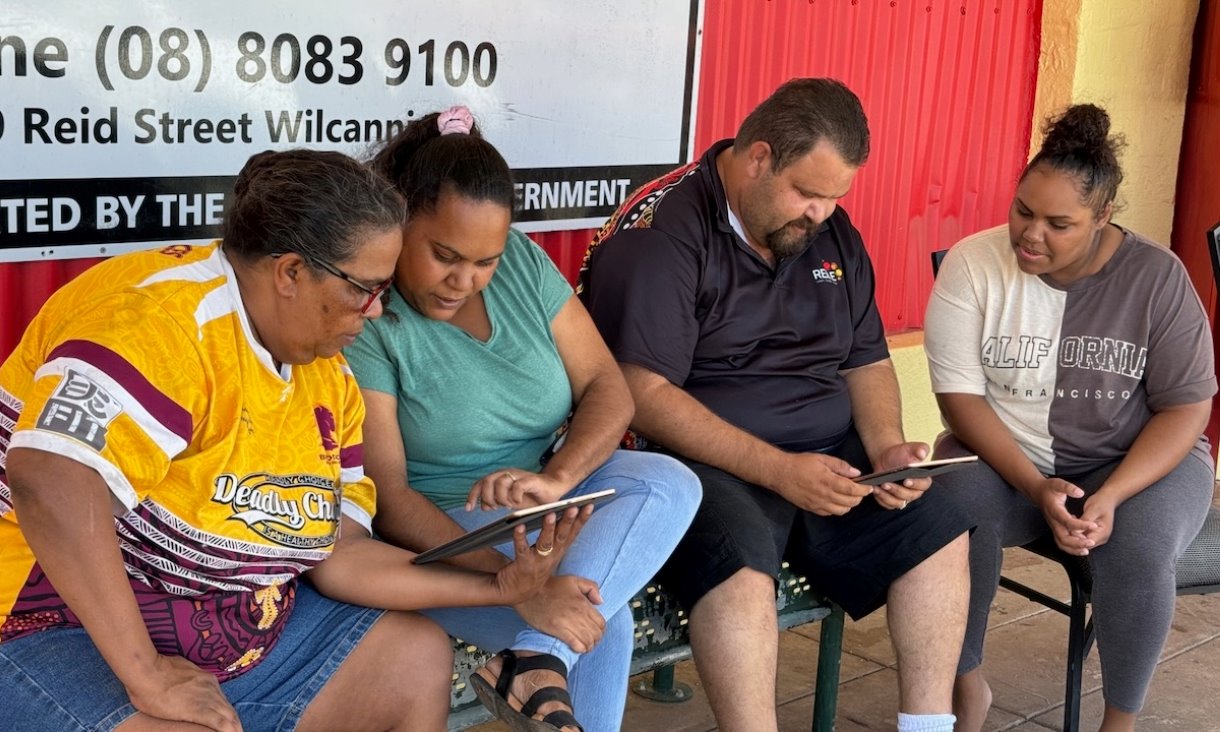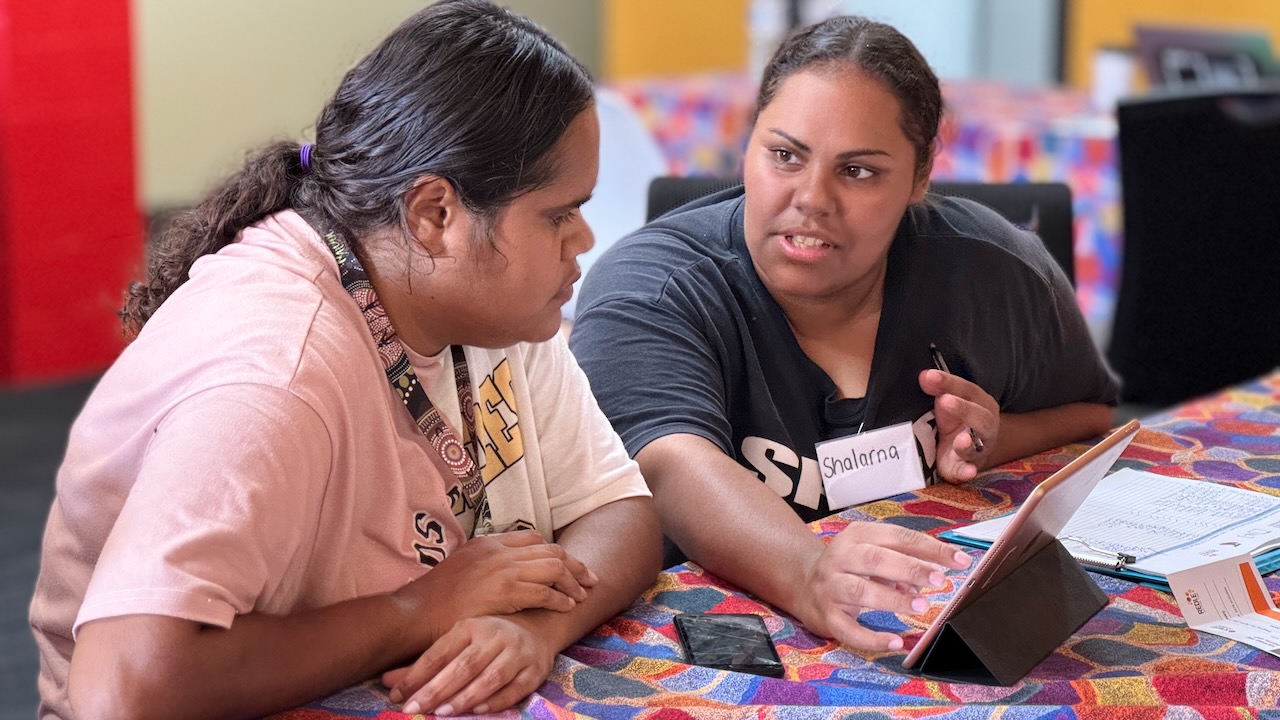Funding of $6 million to support RMIT research to measure First Nations digital inclusion
The announcement is part of the Australian Government’s plan to invest $68 million to narrow the digital gap by supporting more First Nations communities to access the internet.
World-first green hydrogen innovation wins prestigious Climate Innovation Challenge
South East Water and RMIT University's ground-breaking method for producing green hydrogen from solar energy and recycled water has won the 2024 Water Minister’s Climate Innovation Challenge.
Introducing Sentient: RMIT’s new Indigenous design
RMIT has launched its latest Indigenous brand artwork, Sentient.
Internet use grows in remote First Nations communities, but cost still a barrier
A new report shows internet access in Australia’s remote and very remote communities improved in the past two years as 4G, Wi-Fi and satellite infrastructure is bolstered across regional Australia.



.jpg)

